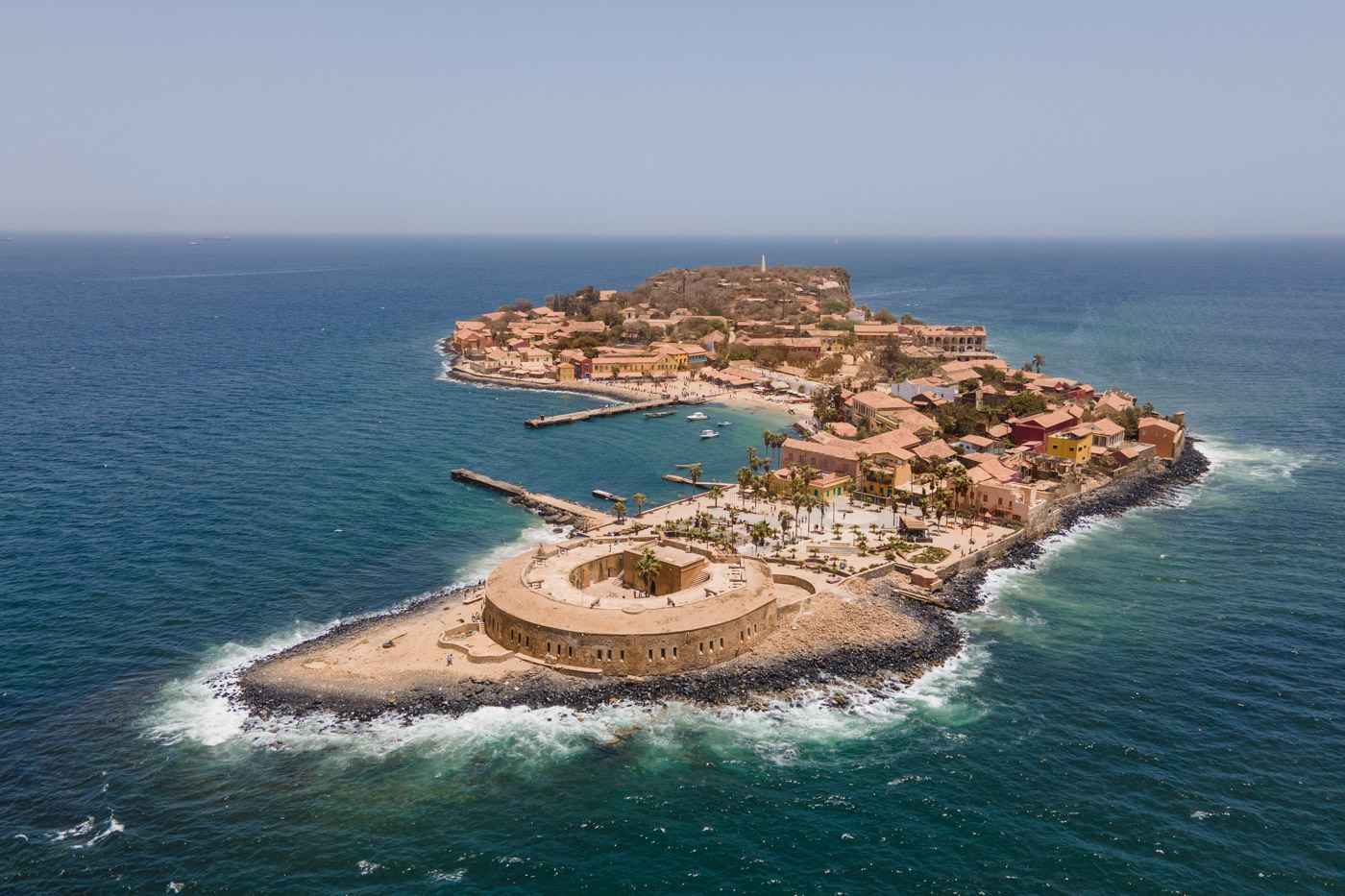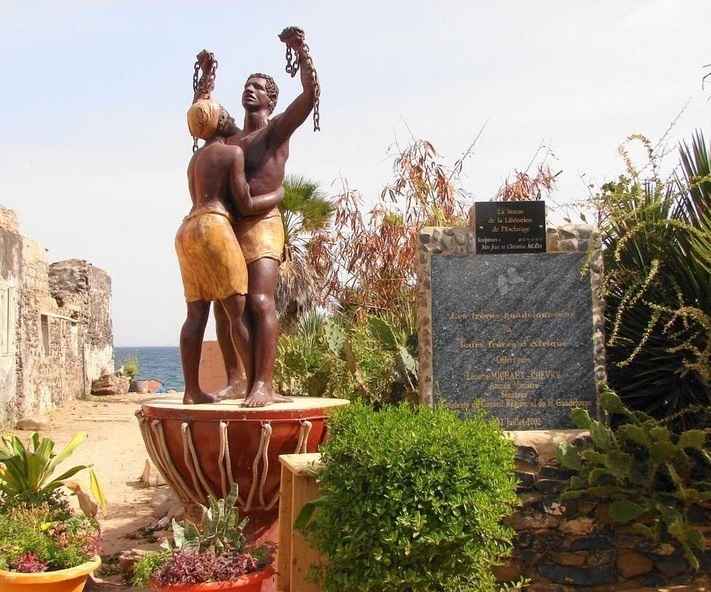Gorée Island: A Powerful Journey Back Into History
Gorée Island: A Powerful Journey Back Into History
Gorée Island, located off the coast of Dakar, Senegal, is a small island with a deep
and emotional connection to African history. Due to the island’s central role in the
transatlantic slave trade, its name (a distortion of the Dutch "Goeree”) has become
indelibly linked to the infamous trade.
For over 300 years, Gorée Island functioned as a major hub for the capture and
exportation of enslaved Africans to the Americas and the Caribbean. On Gorée
kidnapped people from West Africa were held, imprisoned in dire conditions, and
shipped into lives of degradation and bondage across the Atlantic.
A Glimpse into History
Gorée’s tragic history began with the arrival of the Portuguese in 1444, who used the
island as a port before turning it into a site for slave houses by 1536. In the years
that followed, the Dutch, French, and British all battled for control over Gorée, but it
was predominantly under French rule from 1677 until Senegal's independence in
1960.
The island’s dark legacy as a slave-trading center persisted, even after France
abolished slavery in 1794. There is evidence which suggests that the illegal trade
continued for a period of time after slavery was officially abolished. Gorée Island's
importance, however, shifted after slavery was officially abolished. Thereafter
it became a significant port for goods such as peanuts, gum arabic, and ivory.
Following Independence
In 1978, Gorée Island was recognized as a UNESCO World Heritage Site, a step
toward acknowledging its historical importance. Since 1985, the annual Dakar-Gorée
Swim has commemorated the enslaved people who attempted to swim to freedom.
The island has since become a poignant site of memory, attracting visitors from
across the world, including notable figures like former U.S. President Barack Obama
in 2013.
Today, Gorée Island is a car-free zone that is connected to Dakar by a regular ferry
service. Its rich history, combined with scenic views, narrow streets, and colorful
architecture, makes it a compelling destination to study its tragic past and hopeful
present.
Why Gorée Island is a Must-Visit Destination for African Americans
For African Diasporans, a visit to Gorée Island is not just a historical exploration but
also a deeply emotional and spiritual journey. The island stands as a testament to
the resilience of the human spirit, and a visit offers a profound opportunity for
reflection and healing. Here’s why it should be on your list:
Learning History Firsthand: Visiting Gorée Island provides African Diasporans
with a tangible connection to the historical accounts of their ancestors. It offers a
chance to understand the cruel realities of the slave trade, while also acknowledging
the strength and endurance of those who survived its horrors.
Above these dungeons, where the British worshipped, a chapel overlooks the horrors beneath. This juxtaposition serves as a sobering reflection on the contradictions of morality in an era of exploitation and oppression.
Honoring the Past: The island serves as a site of memory and tribute, allowing
visitors to pay respects to those who were enslaved. Walking through the House of
Slaves and other significant sites on the island provides an opportunity to reflect on
racial injustice and the long-term impact of slavery on society today.
Inspiration for Change: A visit to Gorée Island can be a transformative experience,
inspiring visitors to confront past injustices and work towards positive change.
Whether through activism, education, or economic development, this connection to
the past can help each of us to improve prospects for the future.
Cultural and Artistic Hub: While Gorée’s historical importance is undeniable, the
island is also a vibrant cultural center. It hosts events and festivals that celebrate
African art, history, and cultue, making it an ideal destination for those seeking
cultural exchange and connections.
Gorée Island offers a compelling fusion of history, beauty, and cultural immersion.
For African Diasporans in particular, it represents an opportunity to reconnect with
their roots, pay tribute to their ancestors, and draw inspiration for future generations.
A visit to Gorée is not just a trip; it’s a journey of reflection, learning, and
transformation.
Explore Gorée Island with African Connections
For African Diasporans eager to embark on this profound journey of rediscovery,
African Connections offers expert-guided tours that provide deep insights into the
island’s rich history.
As a trusted tour operator with extensive experience in connecting Diasporans to
their ancestral roots, we ensure a meaningful, educational, and emotional
experience. Our tailored itineraries cover key historical sites, cultural landmarks, and
offer opportunities for personal reflection.
Book with African Connections today for an unforgettable, remarkable visit to Gorée
Island, where history comes alive!


